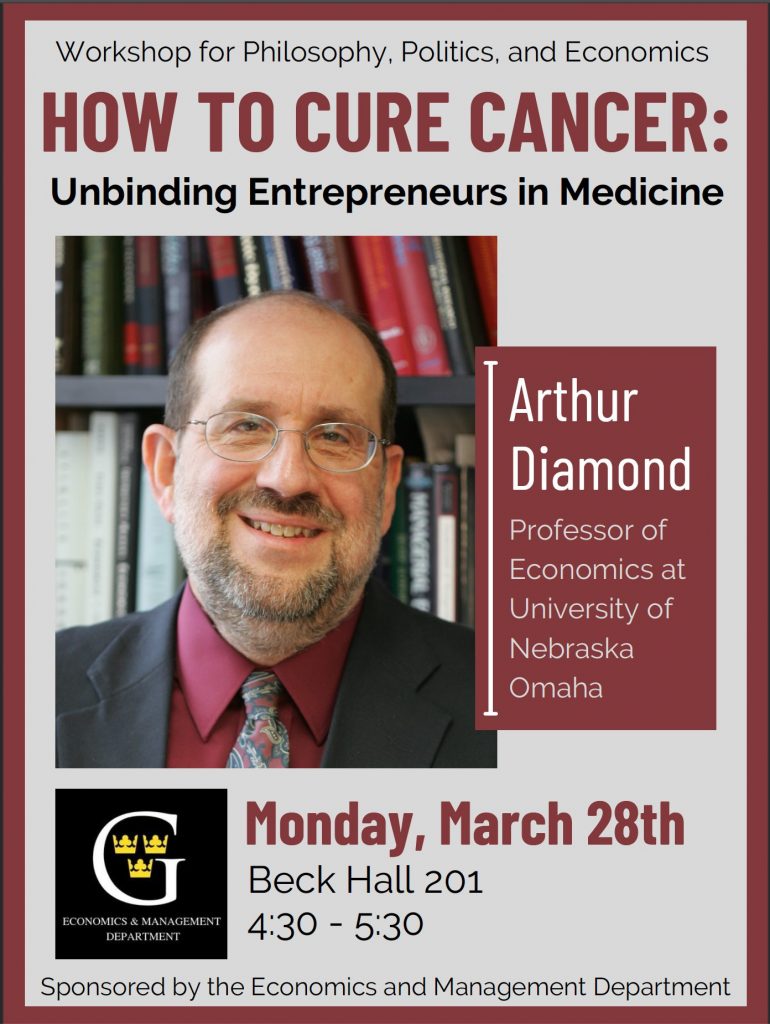(p. A4) “You get all the flavors of Calcutta here, so it’s the best way to travel,” said a medical student, Megha Roy, riding the tram with two friends. She used the Anglicized version of Kolkata, which residents deploy interchangeably with its current spelling and pronunciation.
The three friends had jumped onboard spontaneously, with no clear idea of where the tram was going, or when it was scheduled to get there. But it didn’t really matter. The ride itself was an unexpected treat.
“It’s like a fairy tale,” Ms. Roy said.
. . .
. . . the authorities say that while trams should remain a part of the transit mix, buses and the city’s metro system better serve 21st-century riders in the city of some 15 million people.
. . .
“Scientifically, economically, environmentally, there is no reason to convert the tramways for buses,” said Debasish Bhattacharyya, president of the Calcutta Tram Users’ Association.
But the scene at one tram stop suggested commuters may feel differently. Fewer than half a dozen people were waiting for the tram, while nearby, hundreds were piling onto buses that sagged under the weight of so many passengers, belching black plumes of diesel exhaust as they careened over the tram’s tracks and onto the street.
Admittedly, neither speed nor punctuality are hallmarks of the trams, which must contend with a mélange of traffic on their routes: trucks, buses, cars, vintage yellow Ambassador taxis, rickshaws manual and electric, pedestrians, herds of goats and the occasional cow.
“Nobody knows when the next car will come,” Mr. Bhattacharyya said. “They say this is the control room, but nothing is controlled, everything is scattered,” he said, gesturing to a hub of the tram system in central Kolkata.
. . .
Aboard a tram crawling along Lenin Sarani, one of central Kolkata’s main thoroughfares and named in honor of the Russian revolutionary, Sumit Chandra Banerjee, a ticket taker, said he looked forward to mandatory retirement when he turned 60 in October [2021].
. . .
Many of Kolkata’s urban landmarks — from cinemas and bookstores to museums and hospitals — were built near the tracks. One of those institutions was Das Gupta Books, founded in 1886.
Aranda Das Gupta, the shop’s fourth-generation managing director, called the tram a “beautiful journey,” while acknowledging that it takes “maximum time.”
“Nowadays,” he said, “people want to move fast.”
(Note: the online version of the story has the date Sept. 2, 2021, and has the title “INDIA DISPATCH; Kolkata’s ‘Fairy Tale’ Trams, Once Essential, Are Now a Neglected Relic.”)


